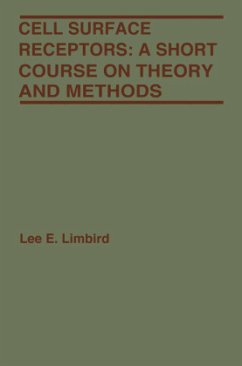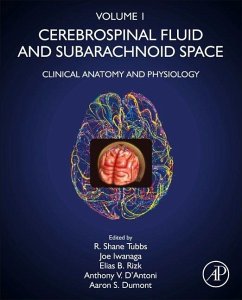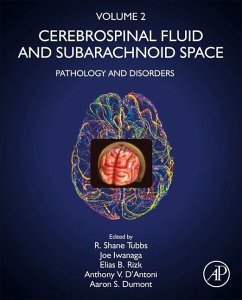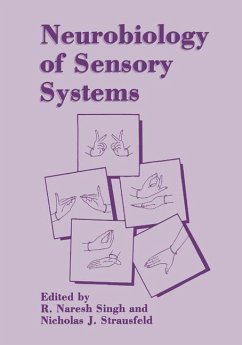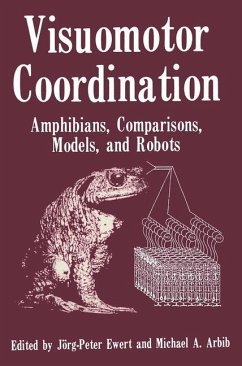
Stereotaxic Neurosurgery in Laboratory Rodent
Handbook on Best Practices
Versandkostenfrei!
Versandfertig in 6-10 Tagen
98,99 €
inkl. MwSt.
Weitere Ausgaben:

PAYBACK Punkte
49 °P sammeln!
Stereotaxic neurosurgery in rodents is used by a variety of people working at research laboratories (research staff, technicians, students at animal facilities...). The present handbook presents all the steps necessary to complete a stereotaxic neurosurgery protocol in accordance with current animal welfare guidelines. This book will guide surgeons step by step, from anesthesia to the post-surgery recovery procedures, including asepsis of the surgical tools and surgical zone, analgesia, correctly identifying the reference points on the skull and brain targets, etc. In keeping with the current ...
Stereotaxic neurosurgery in rodents is used by a variety of people working at research laboratories (research staff, technicians, students at animal facilities...). The present handbook presents all the steps necessary to complete a stereotaxic neurosurgery protocol in accordance with current animal welfare guidelines. This book will guide surgeons step by step, from anesthesia to the post-surgery recovery procedures, including asepsis of the surgical tools and surgical zone, analgesia, correctly identifying the reference points on the skull and brain targets, etc. In keeping with the current international trends, the authors above all focus on the following points: the consideration of pain and how to best treat it depending on the type of surgery; and ensuring asepsis. This book will serve as an important reference work and valuable guidebook for the scientific community.





